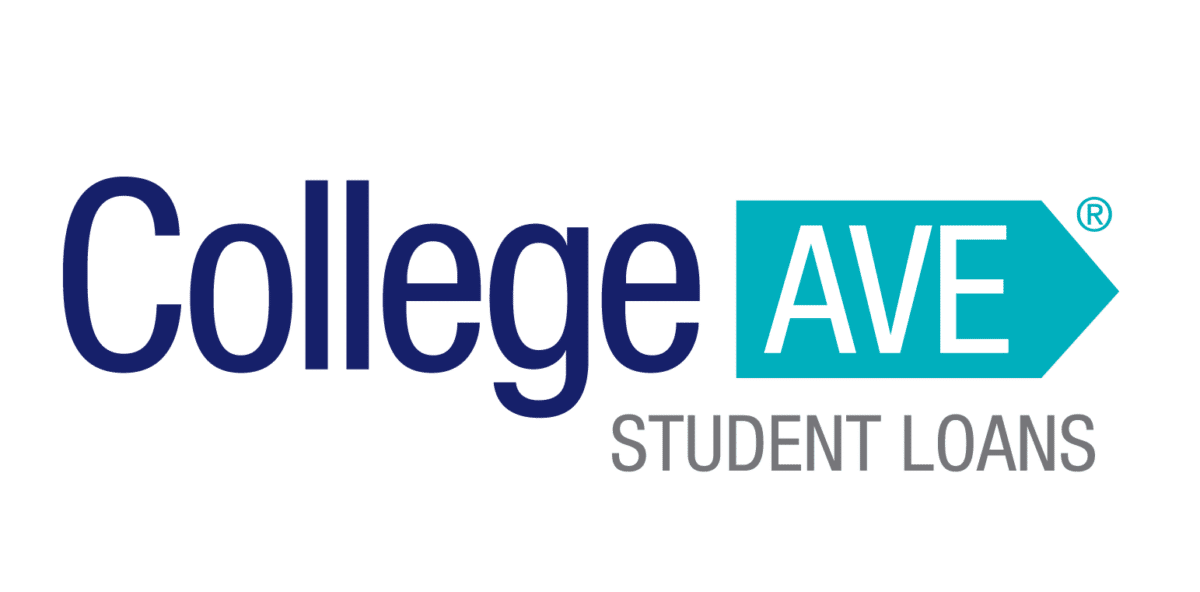
Not all parents can help their children pay for college, while some students simply prefer to keep their parents out of their student loans. The good news is that you can still take out student loans without help from your parents.
Whether they are unable or unwilling to help, you can still access certain student loans without your parent’s financial information. Here’s more on how to get student loans without your parents.
How to take out federal student loans without parents
Regardless of whether you have the help of your parents or not, it’s a smart move to maximize your federal aid options before moving on to private sources of funding.
Federal loans come with benefits that you won’t find with private lending. These benefits include income-driven repayment plans, extended deferment in hard times, and access to loan forgiveness programs. Also, most students haven’t built up their credit history enough to meet private lenders’ requirements.
How to get federal student loans without parents
To qualify for federal student loans without your parents, you need to be considered an independent student. Your dependency determines whose information you need on the Free Application for Federal Student Aid (FAFSA).
Dependent students report both their own and their parents’ information. Independent students don’t need their parent’s information to receive aid.
How do you know if you qualify as an independent student? If you answer “Yes” to any of the following questions on the FAFSA, you might be considered an independent student:
- Will you be 24 years old or older by Jan. 1 of the school year for which you are applying for financial aid?
- Are you married or separated but not divorced?
- Will you be working toward a master’s or doctorate degree?
- Do you have children who receive more than half of their support from you?
- Do you have dependents, other than children or a spouse, who live with you and receive more than half of their support from you?
- Are you currently serving on active duty in the U.S. armed forces for purposes other than training?
- Are you a veteran of the U.S. armed forces?
- At any time since you turned age 13, were both of your parents deceased, were you in foster care, or were you a ward or dependent of the court?
- Are you an emancipated minor or in a legal guardianship as determined by a court?
- Are you an unaccompanied youth who’s homeless, or self-supporting and at risk of being homeless?
Colleges use information from your FAFSA to determine your financial need and how much funding you should receive. Filling out the FAFSA is the first step in getting federal student loans.
Stafford loan limits
There are limits to how much you can borrow from the federal government to pay for your education. Here’s a look at Stafford loan limits for both dependent and independent students.
Year In School | Dependent Students | Independent Students |
1st Year Undergraduate | $5,500 ($3,500 subsidized) | $9,500 ($3,500 subsidized) |
2nd Year Undergraduate | $6,500 ($4,500 subsidized) | $10,500 ($4,500 subsidized) |
3rd Year + Undergraduate | $7,500 ($5,500 subsidized) | $12,500 ($5,500 subsidized) |
Graduate or Professional | N/A | $20,500 unsubsidized |
Independent undergraduate students can borrow up to an aggregate loan limit of $57,500 with $23,000 total in subsidized loans. The U.S. Department of Education covers interest on subsidized loans while you’re enrolled in school at least half-time.
It also pays for interest that accrues during your six-month grace period. Borrowers must pay interest on unsubsidized loans during all periods.
Student loans for graduate school
Independent students can also receive federal aid to pay for graduate school. The aggregate loan limit for independent graduate students is $138,500, with $65,000 from subsidized loans.
Note that the aggregate total includes any undergraduate federal loans received. This is still a better option than private loans, although you might have established good enough credit to meet the requirements.
How to get private student loans without parents
Taking out private student loans is a great way to cover any costs that aren’t covered by federal funding. The catch is that because of credit and income requirements, most students won’t qualify without the use of a cosigner.
Like most loans, private lending companies use credit checks and other personal information to determine the level of risk in lending to a particular applicant. Some lenders offer private loans without a cosigner, but they’re rare.
One option is through Funding U. The private lender doesn’t require the use of a cosigner and doesn’t rely on credit history to determine eligibility. Instead, it looks at alternative factors, like an applicant’s:
- Academic achievement
- Course load
- Job experience
- Projected future earnings
Private loans aren't the best option for undergraduate students but are still an option to consider. Most lenders allow you to quickly check rates and eligibility by using a soft credit check, which won’t hurt your credit score. If you’ve exhausted federal loan options already, private loans are worth a look.
Last resort: Income share agreements
Another option to consider are income share agreements (ISA). An income share agreement is not a loan. Instead, it’s a contractual agreement with a private group or school. You’ll receive money for college in exchange for a percentage of your future gross income for an agreed-upon period of time.
ISAs tend to have higher interest rates than private loans. Unlike private loans, there’s no option to refinance an ISA to a lower rate. You should only turn to an ISA once you’ve exhausted all of your other options.
The bottom line
There are still alternatives available for you without the help or support of your parents.
Verify your dependency status to determine how much federal aid you can receive. If you’re not sure what to do, you can book a consultation with us. We can help you find the right funding option for your college education.
| Lender Name | Lender | Offer | Learn more |
|---|---|---|---|
| Sallie Mae |

|
Competitive interest rates.
|
Fixed 4.50 - 15.69%
Variable 6.37 - 16.78%
|
| Earnest |

|
Check eligibility in two minutes.
|
Fixed 4.67 - 16.15%
Variable 5.87 - 18.51%
|
| Ascent |

|
Large autopay discounts.
|
Fixed 4.09 - 14.89%
Variable 6.22 - 15.20%
|
| College Ave |

|
Flexible repayment options.
|
Fixed 4.07 - 15.48%
Variable 5.59 - 16.69%
|
